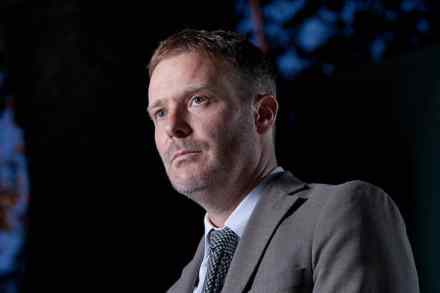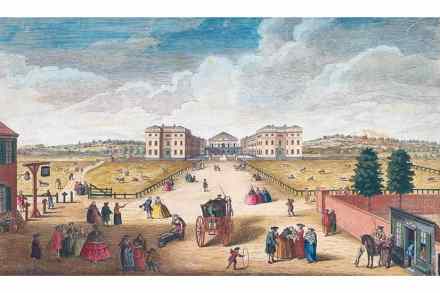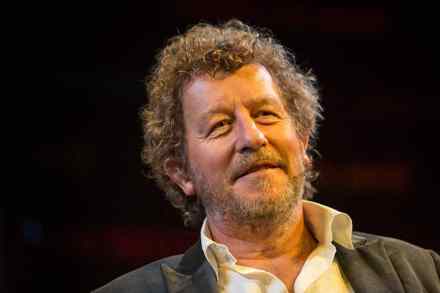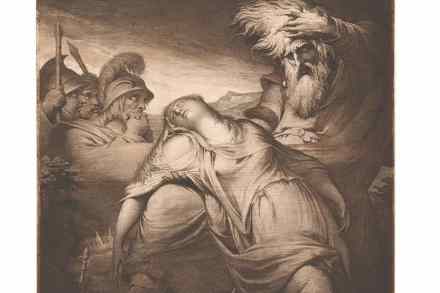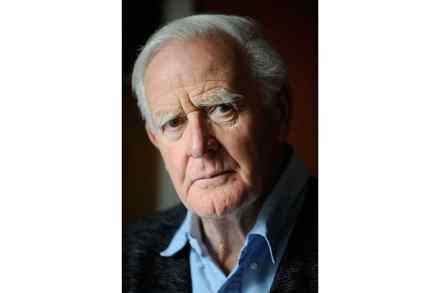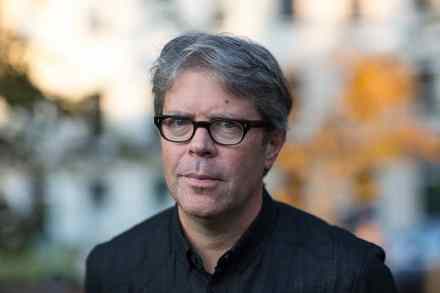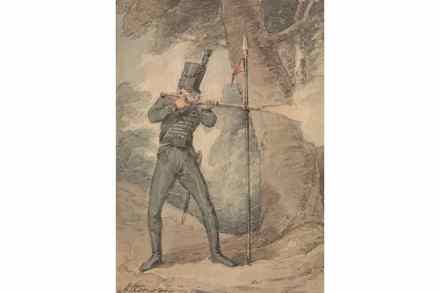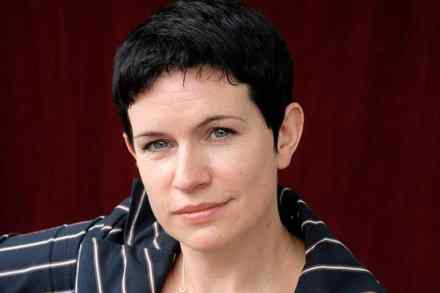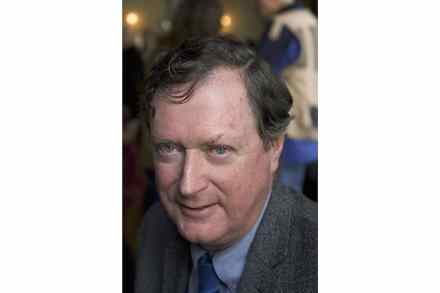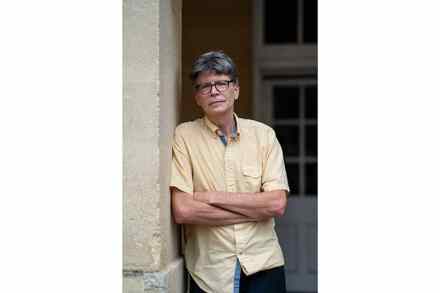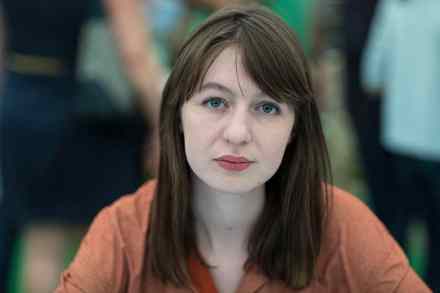A feast for geeks: The Making of Incarnation, by Tom McCarthy, reviewed
Since the publication of his debut, Remainder, Tom McCarthy has established himself as the Christopher Nolan of literary fiction: his novels play with conceptual themes such as time and motion and space. C and Satin Island were both shortlisted for the Booker. His latest, The Making of Incarnation, deals with, among other things, motion-capture technology. Even the title of the science fiction film at the heart of the novel — Incarnation — has a Nolanesque ring to it. The story is knotty. As the narrator puts it: ‘Things are connected to other things, which are connected to other things.’ McCarthy fictionalises the life of the engineer and motion-studies pioneer Lillian
